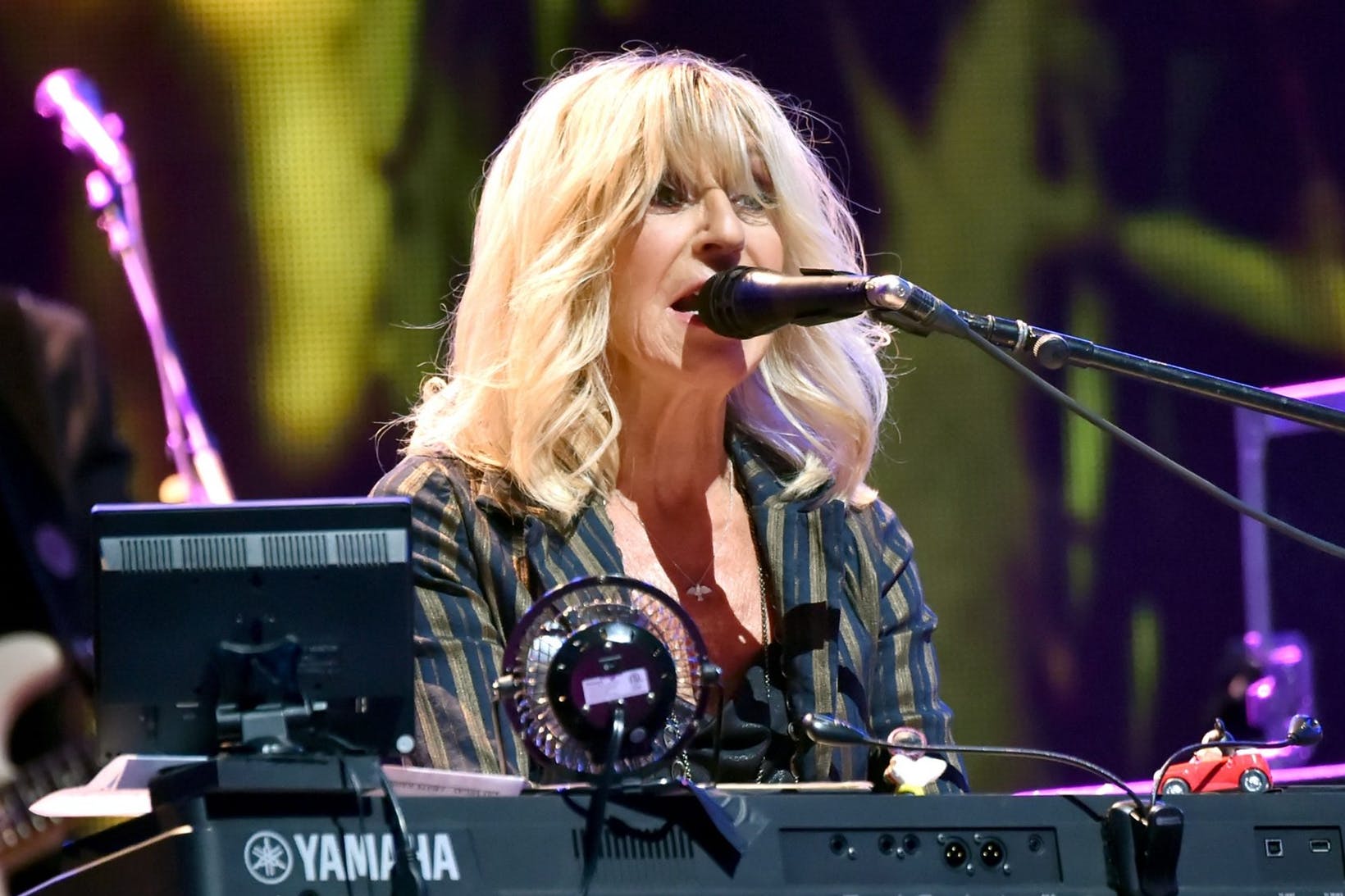


"The Whispers" does not turn out to be the fable it at first seems, but Howard pulls off the trick of making Riley's real quest even more heart-wrenching than the fantasy that drives it.

Riley heads into the woods to find the Whispers, accompanied by a "Stand by Me"-like band of misfits including the overweight Gary, his only friend Gary's tag-along little brother, Carl and the "Redneck Superhero" Dylan Mathews, an older boy whose sympathy (or perhaps empathy) for Riley's situation makes him a winsome champion. without his mama," Riley struggles with bed-wetting plus another "condition" - being attracted to boys - that some in his small, Christian town consider cause for shame. After his mother goes missing, Riley sets out to find the magical voices from a local legend that he believes can help him bring her back. A prime example is Riley James, the 11year-old narrator of Greg Howard's the WHISPERS (Putnam, 226 pp., $16.99 ages 10 and up). These four middlegrade novels capture something moving and seemingly eternal: When trouble strikes the grown-ups around them, children instinctively put themselves on the emotional front lines. A desire to protect their elders is particularly strong during the tween years, when the darkness and complexity of the world come into focus, but the magical thinking of childhood still offers the comfort of solutions. But often overlooked in this 21st-century conception of parent/child dynamics is the powerful sense of responsibility children feel for adults. These days, parents like to think of themselves as responsible for every aspect of their children's happiness and well-being.


 0 kommentar(er)
0 kommentar(er)
